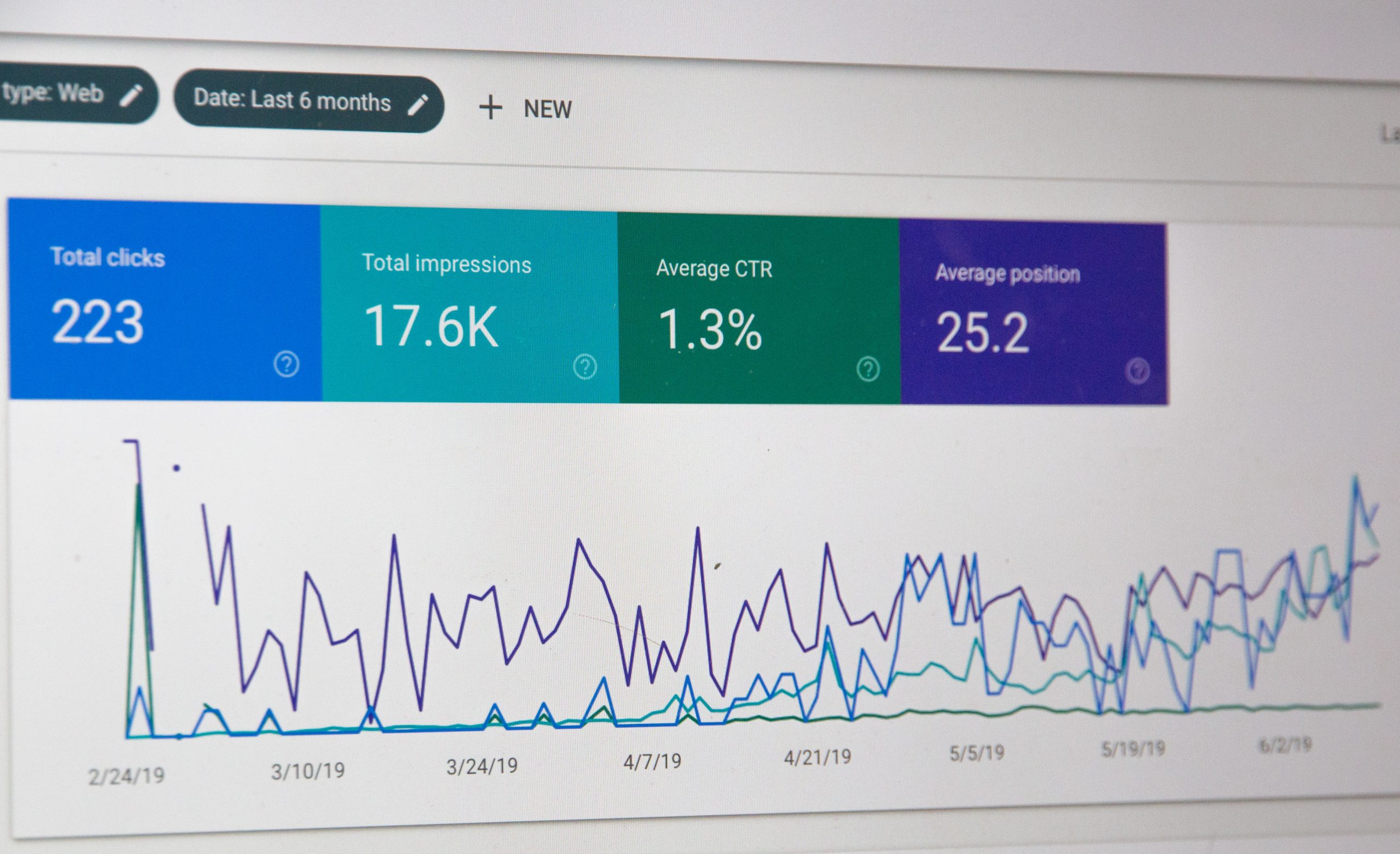Search engine optimization doesn’t have to be a mystery. With some easy steps practiced consistently over time, you can improve your search rankings and drive more traffic to your website.
First, it is important to note that Google is rolling out upgrades to their search algorithms in May 2021 and the big question, as always, is: Will it affect my ranking on the search engine results pages?
The answer is a qualified yes for most websites. The algorithm updates that will launch in May are for mobile devices only and are focused on technical SEO- dealing mainly with how efficiently browsers can serve up the code and assets on your site. This means your site should:
- Have mobile responsive code to optimize the user experience for visitors using mobile devices
- Leverage compression and caching technologies to minimize page load times
- Avoid pop-ups that interrupt the user experience and avoid design elements that cause unexpected shifts in the visual layout as the page loads
While technical SEO is the focus for these impending updates, consistently publishing quality content on a regular schedule is still the gold standard for improving your rankings. Technical SEO refers to website and server optimizations that help search engine spiders crawl and index your site more effectively to help improve organic rankings.
If you’re blogging, you should focus on beginner content because it generates more organic traffic. 4 out of every 5 posts should be focused on beginner content, while only 1 out of 5 should cover advanced topics.
Additionally, your post title and keywords should include question words like “how,” “what,” or “why,” because questions are easier to rank for. Questions are not as competitive as the leading keywords for any topic so it is easier to rank for question-based content. This can help your content and site rank higher if your site is new or if you haven’t been posting fresh content regularly.
And while we’re on the topic of keywords, you should perform keyword research at least once a year. This will help you stay on top of current trends in your particular field, as well as provide ideas for content that could drive more traffic to your site.
Here are some other tips for writing a blog post:
- Always start by writing the title (many users will only read the title, so make sure it’s relevant and informative)
- Write an introduction that hooks readers and gives them a reason to keep reading
- Create skimmable content with subheadings and keep your paragraphs to 5 or 6 lines
- Link out to other websites
- Wrap up with a strong conclusion that summarizes the post and asks a question
Remember that your website content should be more about your users than about your company or organization. Sites that rank high with search engines offer content that acts as a resource for users while also providing a pleasant user experience. At Redstart Creative we always strive to create delight for our clients’ users, whether through surprisingly relevant content or seamless functionality.
Another way to create a user-centric site is to engage users with calls to action and onward paths. To create onward paths, you need to consider what you want the user to do next after consuming content on a particular page and then provide links, paths, and calls to action that make it obvious and easy for them to take that next step.
There can be a lot of technical details that drive search engine optimization, and the upcoming Google algorithm upgrades are just one example. The largest factor in improving your search engine rankings, however, is publishing quality content on a regular schedule- a fact that has remained pretty consistent over time. If you were to focus on just one thing to improve your rankings in search engine results, we would recommend building a practice of monthly or twice-monthly blog posts. After reading this article, where do you feel your site needs the most help? Let us know if we can help!



